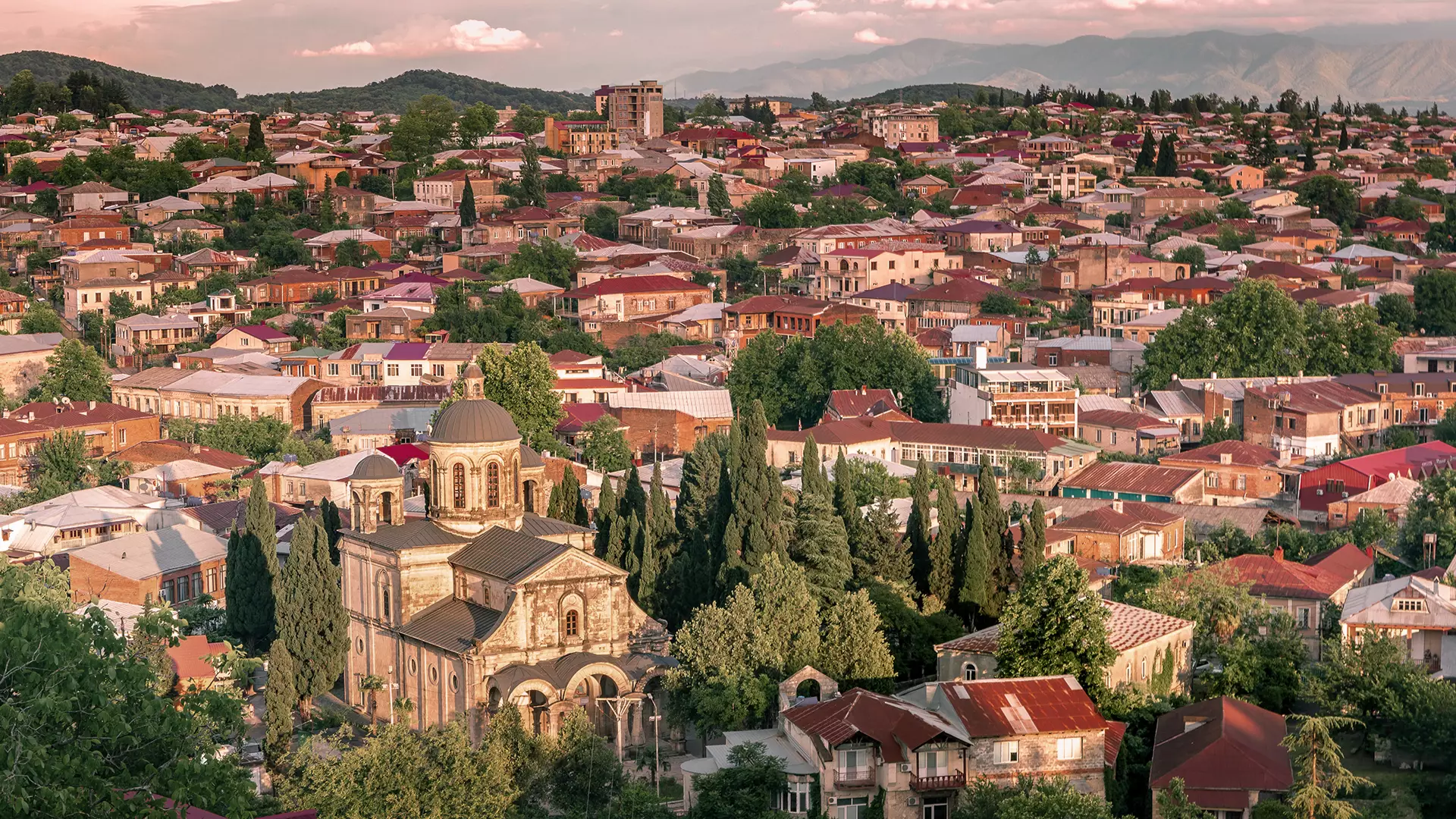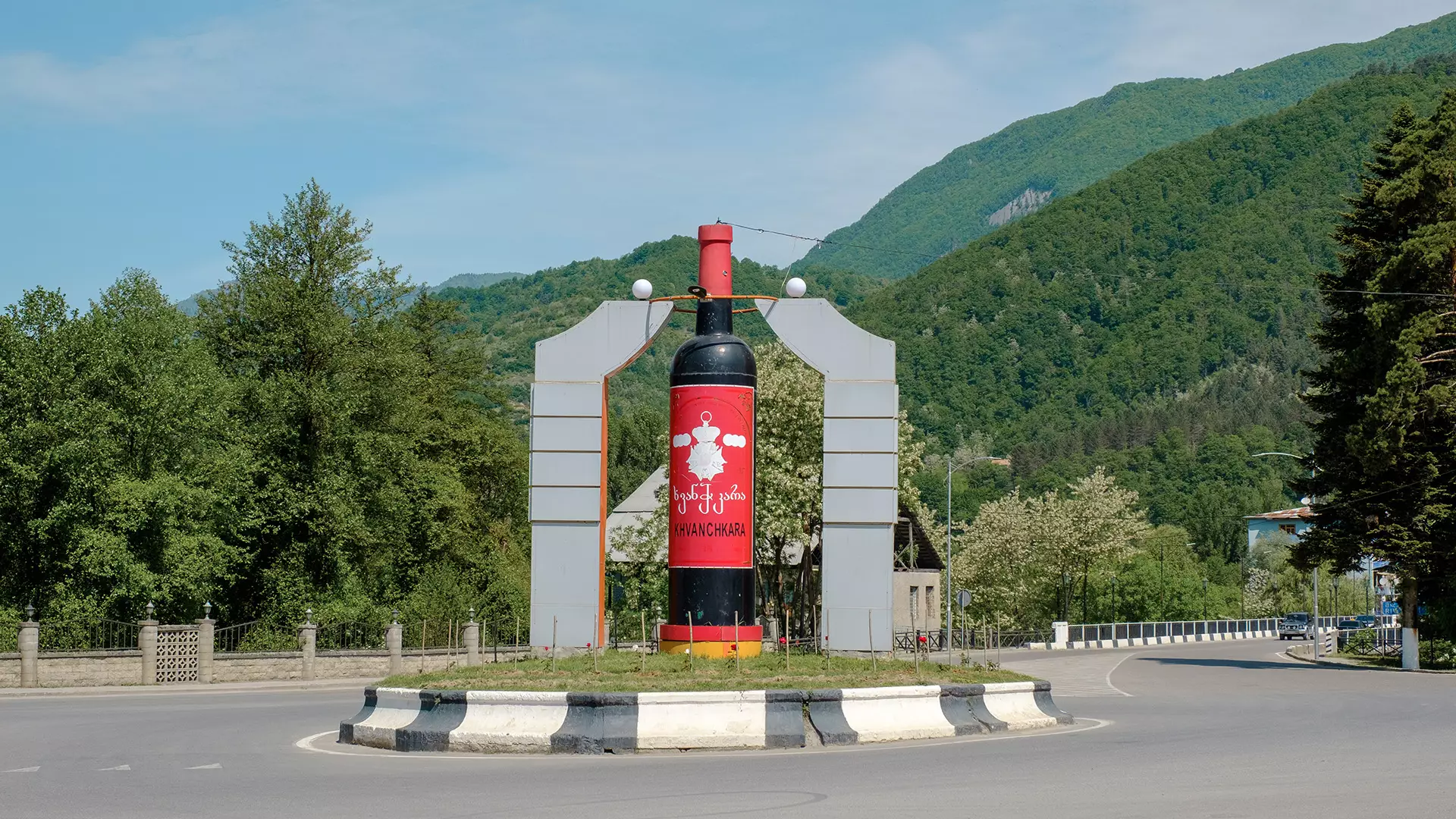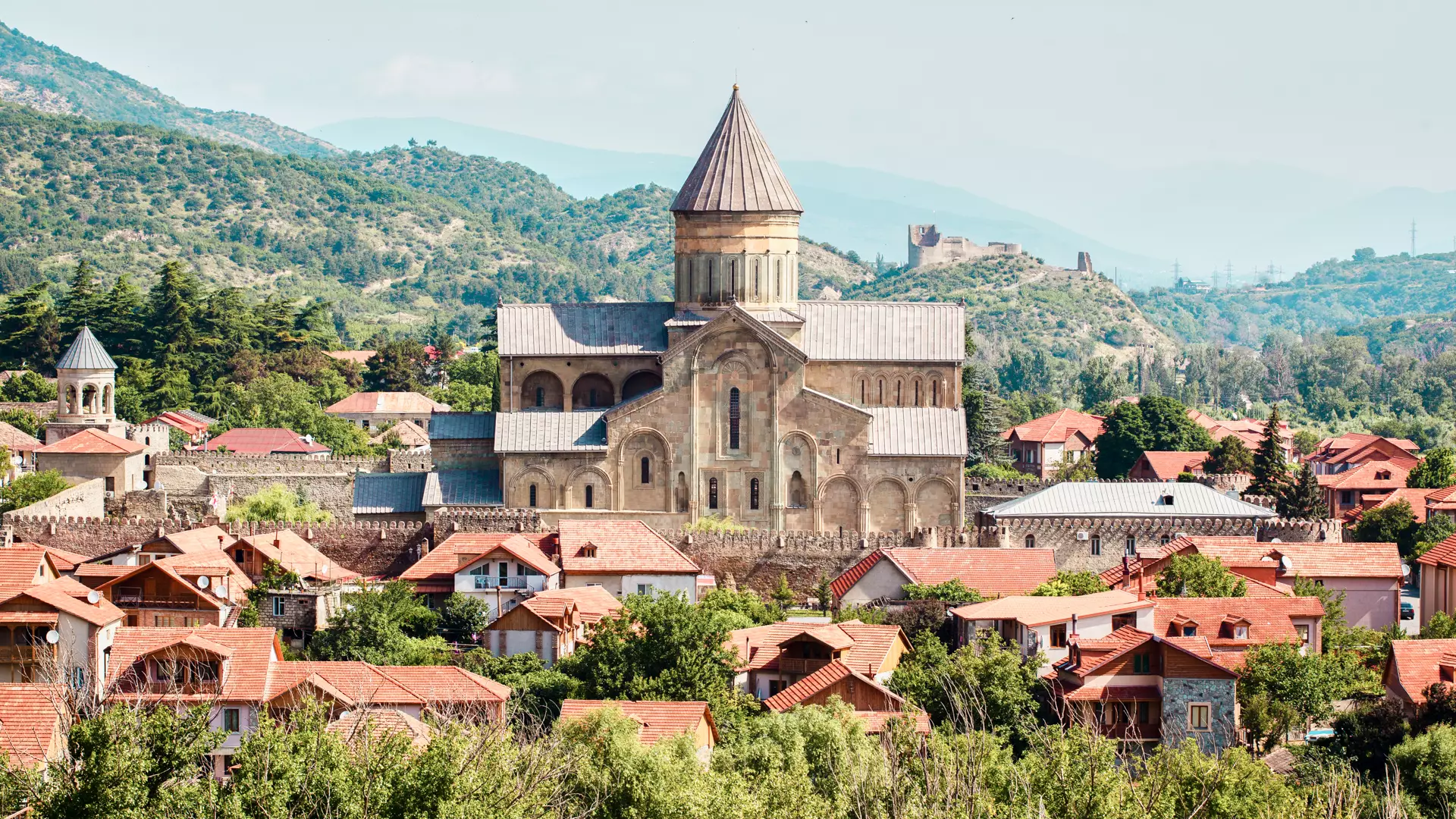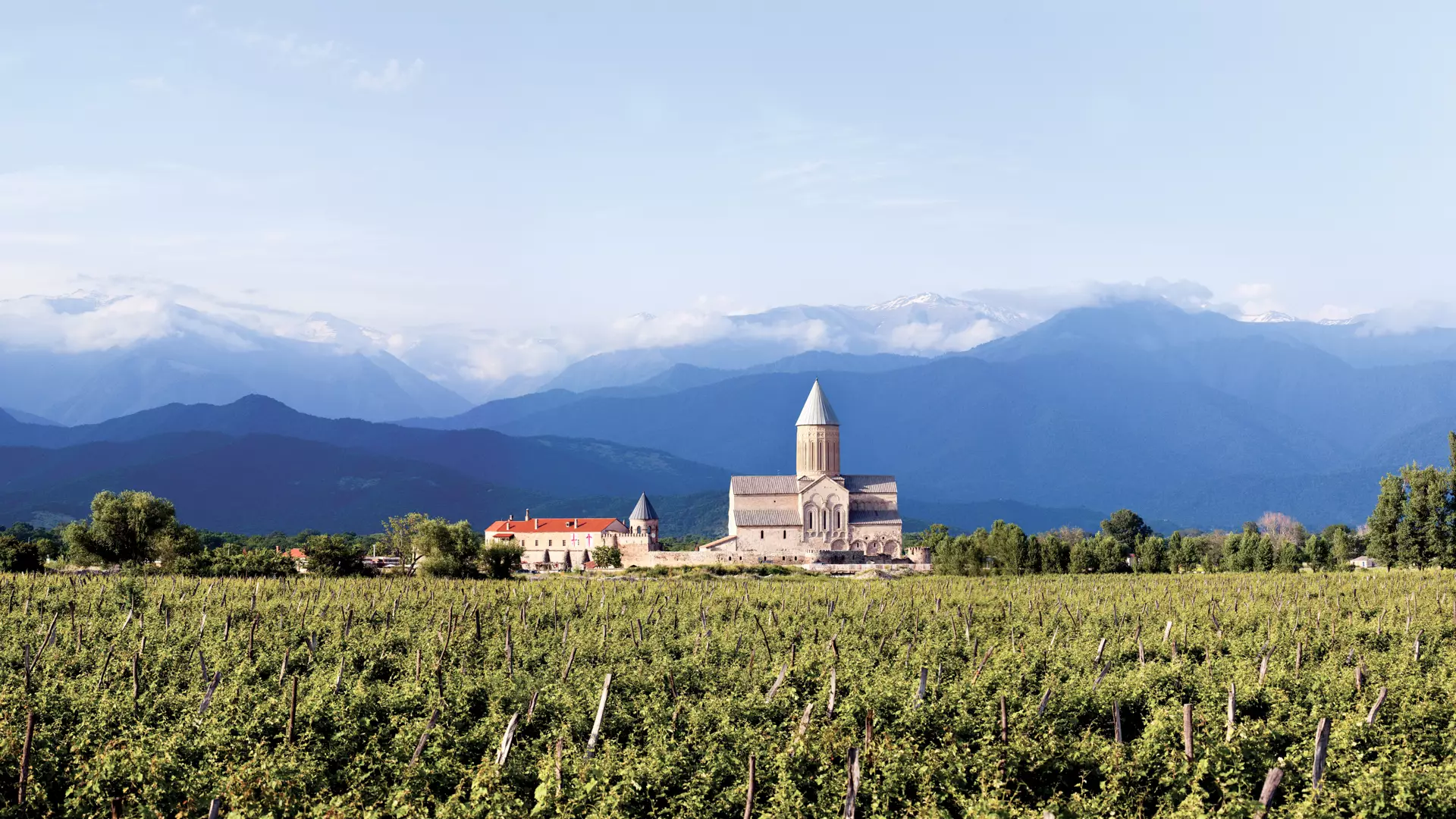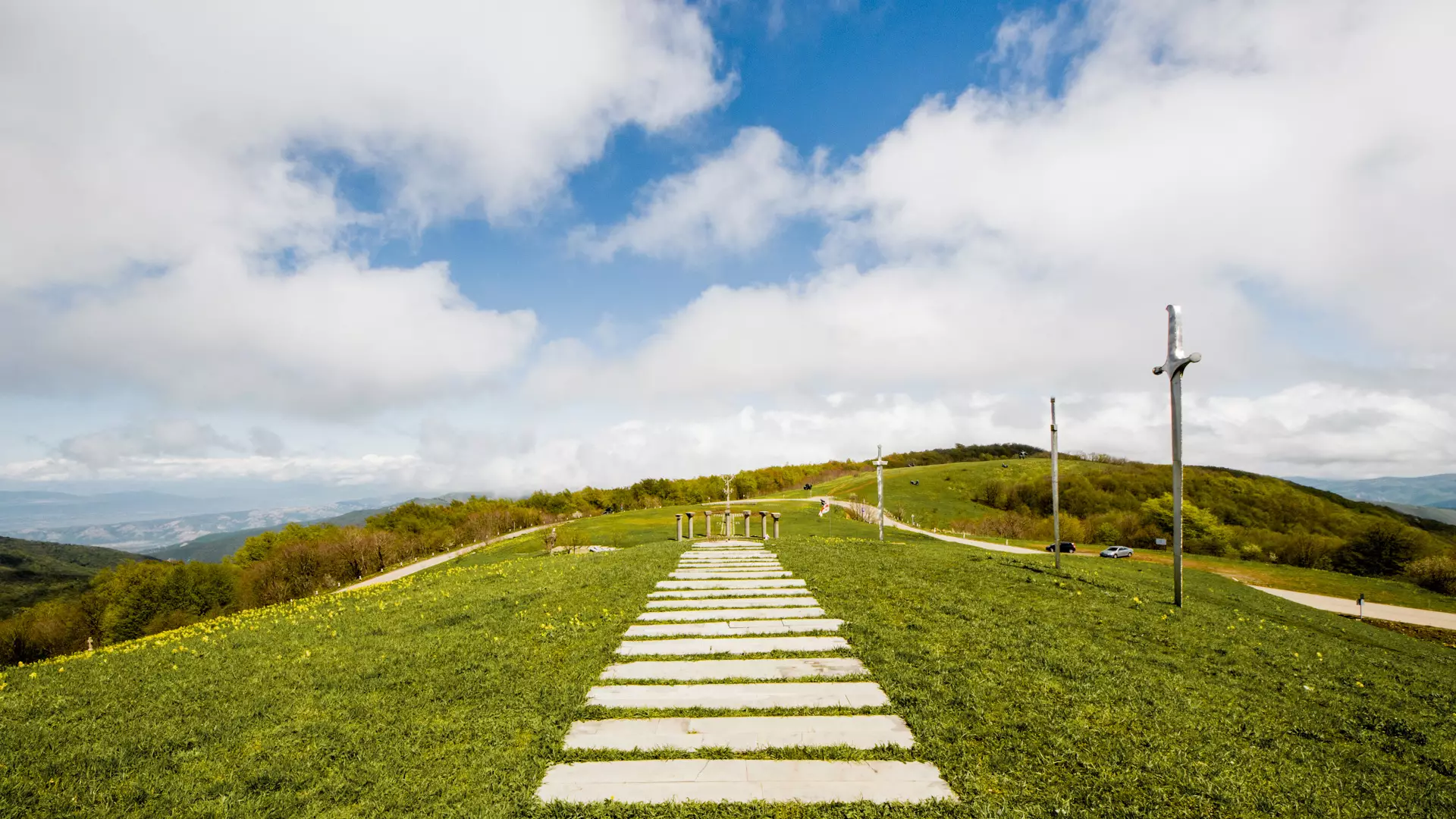Get to Know Georgian – Folk Holidays
The National Holiday
Independence Day is celebrated with particular love in Georgia. The 26th of May is one of the most important holidays in the country, going back to 1918. Georgia became an independent republic on the 26th of May 1918, by order of the national council.
A military parade is held on Rustaveli Avenue, in Tbilisi, with an amazing outdoor exhibition. Every department gives an account, in pictures, of the work done for the people over the year and sets up interactive corners for children, who are happily perched on their parent’s shoulders or holding their hands.
The day is full of performances, theatrical shows, and concerts, not just in the capital, but in every city of the country. In the evening, a gala concert is held outdoors, which lasts until late in the night.
Of course, supras are held in every family, where they drink a toast to their homeland.
Tbilisoba
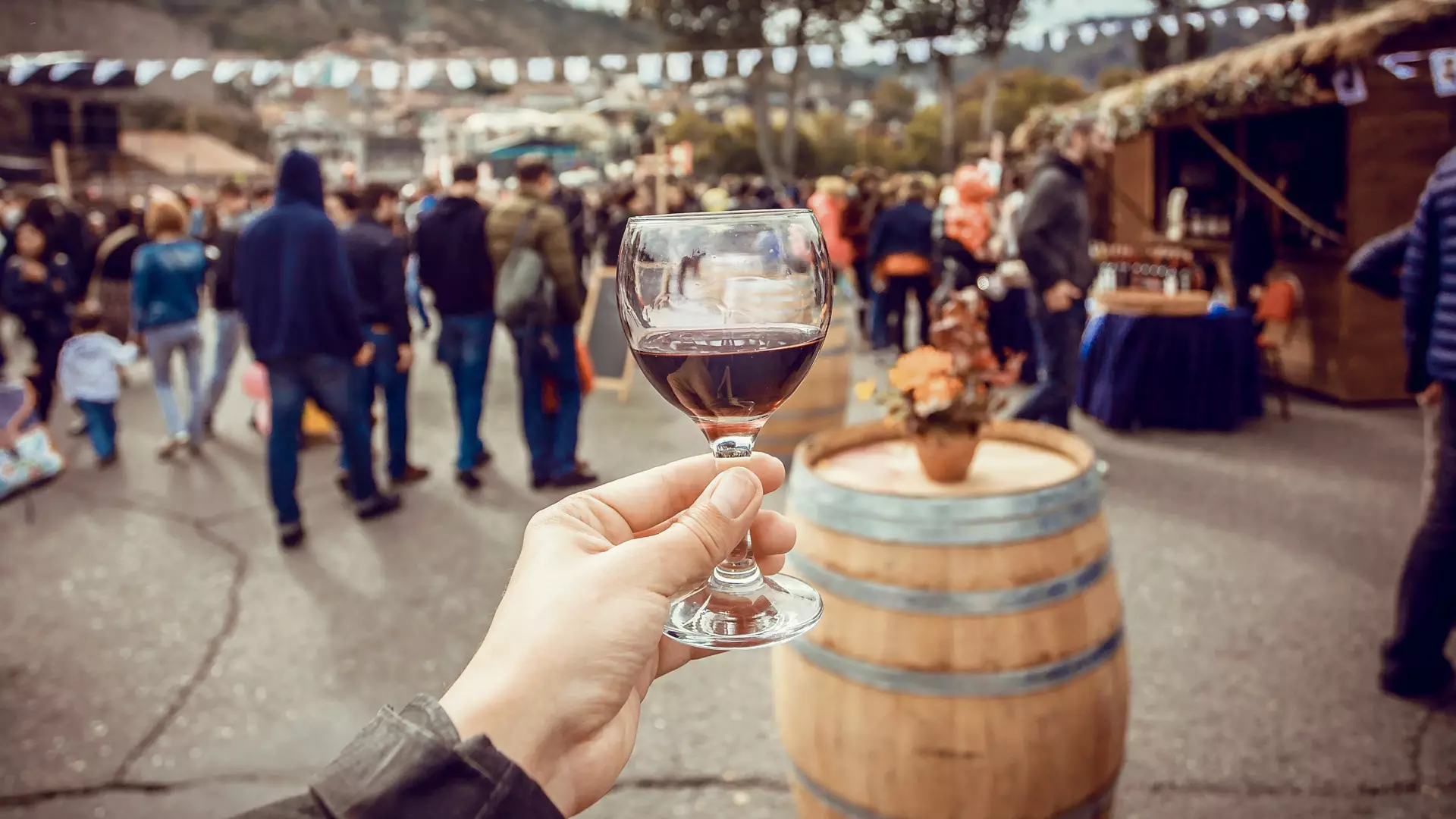
This is a public holiday, celebrated since 1979 in Tbilisi, that all of Georgia takes part in. Every year you can see numerous events at Tbilisoba, whether cultural or sporting contests, Georgian and ethnic minority folk concerts, exhibitions/sales, farmers’ markets, and more. The epicenter of all these events is a historical part of the capital, Old Tbilisi. On this day, distinguished people working in various fields of public endeavor are awarded a Honorary Citizen title.
Batumoba
The residents of Batumi celebrate the holiday Batumoba of their dear city at the beginning of September. Entertainment programs await visitors at Memed Abashidze Avenue and Europe Square, which are festively decorated. The event starts with the wind orchestra and costume performances. Exhibitions and a photo gallery of the history of Batumi are placed along the boulevard. Costume and puppet plays are put on, along with children’s games, local musical group concerts, and more.
Kutaisoba
On the 2nd of May, Georgia’s “second capital” celebrates its Kutaisoba, also known as Gviriloba (Day of Daisies). Traditionally, Kutaisians, dressed in chokhas, gather in the central garden and boulevard of the Kutaisi, and along with their children, wish the passers-by a merry Kutaisoba, while girls wearing high school uniforms give out daisies (gvirila).
This tradition goes back to the 1920s when high school girls sold daisies they had picked to help people suffering from tuberculosis. On this day, a folk walk and various concerts and sporting events are held, and the Meskhishvili Theater hosts an gala evening.
Phazisoba
The favorite folk holiday of the residents of Poti, Phazisoba, has been held in Poti since 1992, referring to Poti’s past as an ancient city of Phazis. Every year, on the last weekend in October, there are large crowds in the streets of the city, various exhibitions, concerts, and works displayed by local artists, creative collectives are held, and all kinds of local products are brought to be sold.
Zekaroba
On the general folk holiday of Zekaroba, many people come to Imereti. The event is held in Baghdati Municipality, 2,200 meters above sea level. The honored guests gather on a hill called “Kvasakdara”. Horse races are held, and ethno-corners for Adigeni and Baghdatis Municipality are set up, where guests can try traditional Georgian food and drink. Handmade items are on display, including works by whittling masters. Zekaroba ends with a celebratory concert. This folk holiday is a revived version of Shepherd’s Day.
Shuamtoba
The folk holiday of Shuamtoba, a centuries-old tradition, is celebrated in the mountain regions of Ajara. They say that is associated with the middle period of mountain life, when on the summer pastures. In recent years the holiday has been given an official character with Beshumi Resort hosting the main sights. Concerts and performances are held with an ethnographical exhibition, featuring culinary examples, so the guests can try delicious Ajarian food. Shuamtoba ends with a horse race.
Pudzeoba and Oneloba
Pudzeoba is celebrated every year in the center of Ambrolauri in Racha. The main idea of the events is the return to the region’s roots. In association with the folk holiday, a folklore festival, sporting activities, theatrical performances, as well as an exhibition and sale of handmade items are held in Ambrolauri, with various areas of the municipality represented.
The folk holiday Oneloba, with a similar jam-packed program, is held in the first month of autumn in Oni Municipality. Rachans have celebrated it since 2008.
Dushetoba
On the 28th of September, the folk holiday Dushetoba is held in Dusheti Municipality, during which many traditional cultural and sporting events are planned. Ethnographic houses of the areas of the municipality – Pshavi, Khevsureti, Mtiuleti, and Gudamakari – are on display in the central square and entrance of the city, along with their everyday culture, folk products, and traditional cuisine. Every year, an exhibition and sale of items produced by local agricultural collectives, restaurants, and beer companies, a degustation, and other events are organized for the guests and locals.
Kaspoba
Kaspoba is celebrated in the third week of October in Kartli. Old items and souvenirs of everyday life are displayed in the streets, areas for famous people, and Georgian oda houses and patskhas are set up. The active representatives in the municipality are presented. A folk walk is held in a background of a concert by local collectives and performers.
Heretoba
Heretoba is traditionally held in the autumn in Lagodekhi Municipality. Every year there is a festival related to this day, where Georgian folklore, traditional dishes, and various handmade objects are presented. Along with representatives of various ethnic groups living in the municipality, ecomigrants resettled from Ajara also take part in the event. Backgammon, chess, and different kinds of sports competitions are held.
Mtskhetoba or Svetitskhovloba
This day is particularly celebrated as the holiday of the Lord’s tunic. That is why the holiday’s liturgy is held in the cathedral church of Mtskheta on the 14th of September. It is also the day of remembrance for King Mirian, Queen Nana and Saint Sidonia.
According to the legend, Jesus Christ’s tunic was given to Eliozi and Longinozi, Jews from Mtskheta who were in Jerusalem during the crucifixion of Christ. Eliozi brought the Lord’s tunic back to Mtskheta and gave it to his sister, Sidonia. Sidonia clutched the Lord’s tunic to her breast and suddenly passed. Eliozi had her buried along with the tunic. It was said that a beautiful tree grew over Sidonia’s grave. Four centuries later, that tree was to be used to make seven pillars for a church, on orders of King Mirian. One of them, amazing to behold and miracle-working, could not be erected by the builders. Only after solemn prayer and beseeching did the pillar rise to the place where Christ’s tunic was buried. The Svetitskhoveli Cathedral was also built here.
Vlakernoba
The Orthodox Church of Georgia celebrates the Placing of the Robe of the Mother of God at Blachernae on the 15th of July. This day is celebrated with particular zest in Zugdidi. The robe of the mother of God and holy relics of saints are brought out from Dadiani Palace. The relics are taken to the Iveria Mother of God Icon Episcopal Church by a liturgical procession. On this day, worshippers are allowed to approach the relics.
According to historical sources, there are two versions of the story of how the robe of the holiest mother of God ended up in Georgia. The first says that the robe was brought to Georgia in the 8th century from Constantinople. The second, says that the robe ended up in Georgia in the 15th century after Constantinople was taken by the Turks.
Alaverdoba
The holiday of the court of Alaverdi Church in Kakheti region, associated with bountiful harvests, is Alaverdoba, named after the founder of the monastery, Ioseb Alaverdeli. The holiday used to start on the 29th of September and lasts for three weeks. First Alaverdoba, Middle Alaverdoba, and Last Alaverdoba was the three-stage cycle based on syncretic performances, containing both pre-Christian and Christian elements.
People would come from all over Georgia to stay up the whole night of Alaverdoba. A traditional market was associated with the holiday, which took on a very broad character from the middle of the 19th century. People would bring manufactured objects, domestic items, livestock, and farming goods to sell.
Lasharoba
Lashari Cross is the main shrine of Pshavi, and its holiday is held on the 1st of October. The religious center lies in the upper belt of the Aragvi Valley, on Lashari Hill bordering the village of Khoshari. Lashari Cross was considered to be a warrior god that would lead the congregation in battle with a “jet-black winged horse of mist”.
As the protector of the twelfth community of Pshavi, he would be asked to grant a bountiful harvest, the welfare of the people, and protection from sickness and injury. Kings would sacrifice their valuables to him, and real estate and vineyards would be given to him.
Lasharoba is celebrated in Tianeti, Khevsureti, and Pshavi. According to an old tradition, there was also ritual sacrifice (with livestock). The holy banner of Khevisberi is brought out and prayers are held.
Traditionally, horse races and cultural events are held on this day.
Didgoroba
This folk holiday is celebrated on the 12th of August and has great importance for Georgians. On the 12th of August 1121, in the Battle of Didgori, the Georgian, under the leadership of King David IV the Builder, miraculously defeated their enemy, securing a historic victory.
The day ended with religious rituals at “Misalotsavi” at the base of Didgori Mountain. People would bring sacrifices, baptize their children, and have feasts. The ruins of Saint George’s Church are preserved at the peak of Didgori Mountain, where once a stone depiction of a phallus stood next to the altar (it is now in the Georgian National Museum). Trick riding would happen on the holiday. Didgoroba was mainly celebrated in Kartli and Khevsureti.
Didgori is, in Tetritskaro Municipality. At the modern Didgoroba, cultural and sporting events are held including concerts, Georgian wrestling, arm-wrestling competitions, and horse races.
Cookie Policy

